Career and Technology Studies
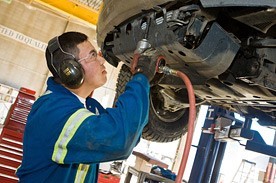
Automotives
Automotives gives students an in-depth understanding of the Automotive-Mechanics trade and its related occupations. Students in Automotives are given the opportunity to learn the maintenance and repair skills required to work on automobile systems.
Carpentry
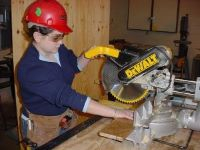
Carpentry is a course for everyone; it offers a blend between preparing students for the trades and encouraging students who are simply looking for a fun and creative experience. Each level of Carpentry is fully hands-on and project based. Pre-determined projects range from bedside cabinets, jewelry boxes and home furnishings to skateboards, instruments and novelty items as well as large scale construction projects like sheds and garages. Students also have the opportunity to design and create their own projects in each level along the way.
Computer Applications 1: Foundations & Innovation
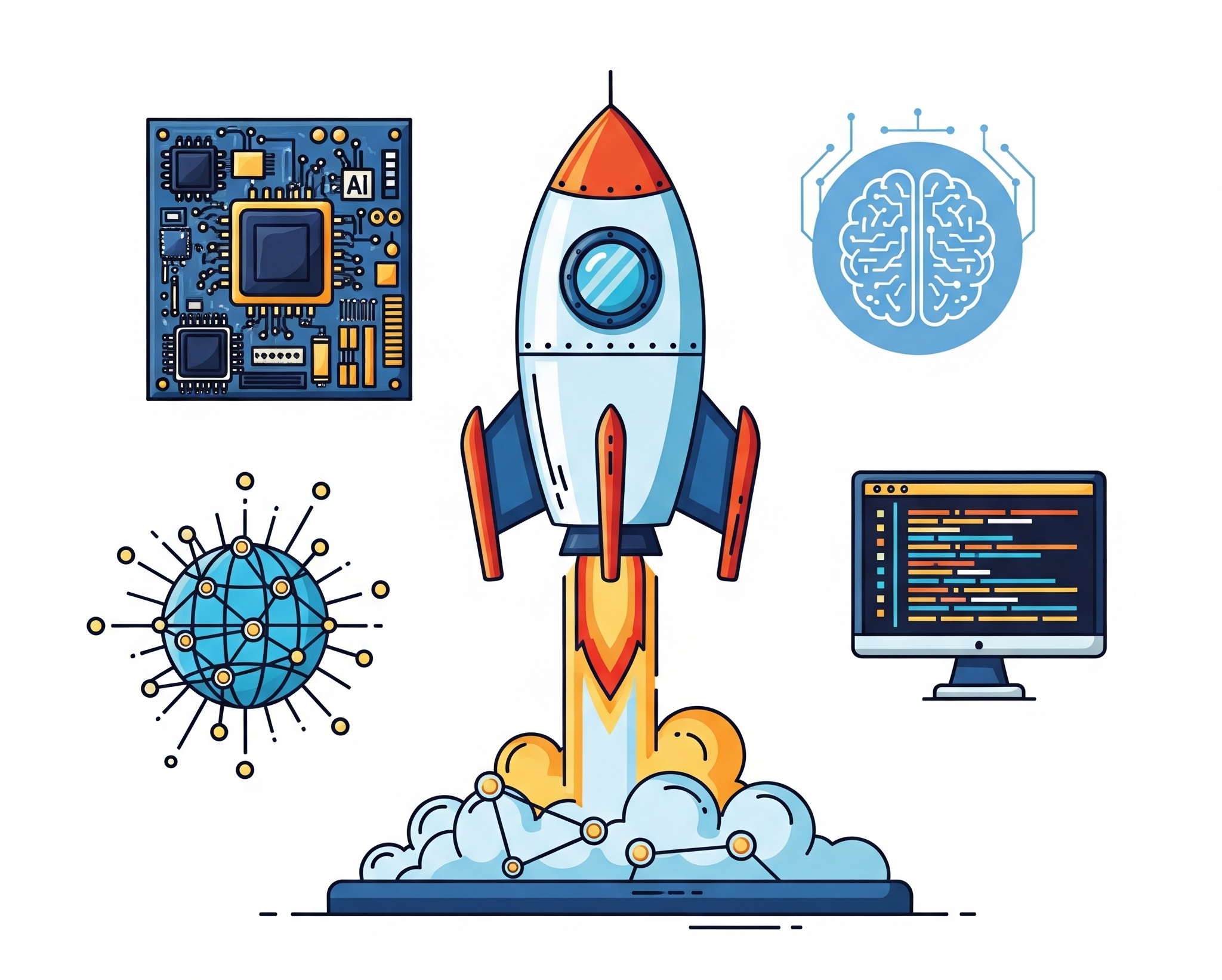
Welcome to the ‘launchpad’ for your future in technology. Computer Applications 10 is designed to be a "sampler platter" of the digital world, moving you beyond simply being a user of technology to becoming a creator of it. Whether you are curious about how the internet connects the globe, how code controls machines, or how robots perceive the world, this course provides the essential literacy you need. It is the prerequisite for our specialized Grade 11 and 12 technology streams: Computer Science, Networking & Cybersecurity, or Design & Maker Space.
In this hands-on environment, you will rotate through core disciplines related to computer hardware, networking, and programming. You will explore the "guts" of a computer, covering hardware, operating systems, and networking basics through the industry-standard Cisco curriculum. You will also get your first taste of algorithmic thinking, starting with visual storytelling in Alice before transitioning to powerful text-based programming in Python. Finally, we embrace the future by leveraging Artificial Intelligence (AI) tools for creativity and problem-solving, while critically examining their ethical impact and how to stay secure online.
Computer Science 2: Programming & Data Intelligence
Building on the foundations from Grade 10, this course transitions students into text-based programming using industry-standard languages like Python. We embrace the use of modern tools, including AI coding assistants, teaching you how to leverage them to debug code and optimize logic. We work to align specific curriculum outcomes with projects of interest—whether that is game mechanics, data analysis, or pure algorithmic logic. This flexible structure also accommodates advanced students, allowing those ready for a challenge to tackle complex topics such as Object-Oriented Programming (OOP), recursion, and dynamic data structures.
Beyond basic syntax, this course introduces the rapidly growing field of Data Science. You will learn how to write programs that can ingest, process, and visualize large sets of data, turning raw numbers into meaningful intelligence. Projects are open-ended, allowing you to apply these skills to topics you care about. Students may also choose to define a significant "Capstone Project," creating a portfolio-ready software artifact that demonstrates their ability to architect complex solutions. Prerequisite: Computer Applications 10 and Math 10C.
Networking 2: Networking & Cybersecurity

If software is the "mind" of the computer, networking is the "nervous system." This course pulls back the curtain on the internet to show you how the digital world is physically connected and defended. As a specialized Cisco Certified Academy, we align our instruction with official industry-recognized Cisco curricula. The course is structured to allow flexible exploration; you might begin with hardware diagnostics and operating system configuration, then shift your focus towards more advanced network architecture and security.
Through a series of rigorous hands-on labs and Cisco Packet Tracer simulations, students develop practical skills such as connecting and configuring devices for Local Area Networks (LANs), managing IP addressing schemes, and implementing basic network security protocols. A key focus is Cybersecurity. You will learn about firewalls, encryption, and threat detection, engaging in simulations where you must lock down a network against potential intruders. Prerequisite: Computer Applications 10.
Design & Maker Space 2: Prototyping & Fabrication
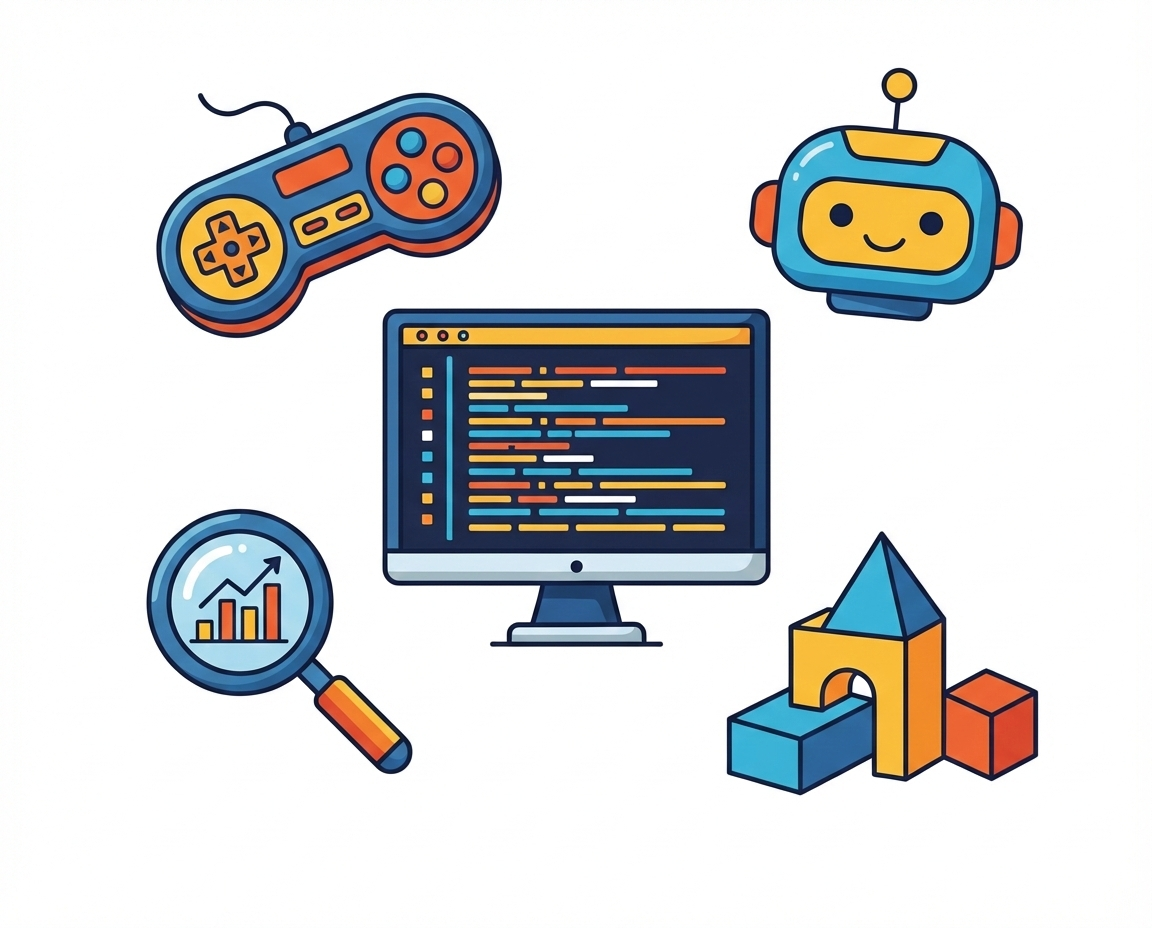
This course is for the builders and the creators who want to make things in the real world. You will trade your computer monitor for a workbench to design and build physical objects. While you have the option to use electronics and microcontrollers (like Arduino, Raspberry Pi, ESP32, etc.) to make things move or light up, you can also focus entirely on structural design and fabrication without writing a single line of code.
We use 3D printers and laser cutters (Glowforge) to turn your designs into plastic, wood, and acrylic parts. You might choose to build a detailed architectural model, a custom board game, a piece of art, or a functional robot—the choice is yours. We use AI tools to help you with the design process, making it easier to turn your imagination into reality.
This class is hands-on and project-based, meaning you get to decide what you want to make. Whether you want to build high-tech gadgets or high-quality physical products, we will help you build the skills to get it done. No previous engineering experience is required—just bring your creativity. Prerequisite: Computer Applications 10.
Cosmetology

Cosmetology curriculum focuses on personal and professional grooming, body care and enhancement practices. The program also provides students with the opportunity to explore and prepare for cosmetology related careers through client work and work study assignments throughout the community.
Culinary Arts
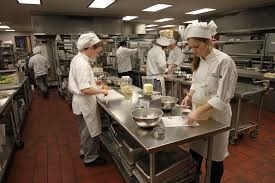
Before there were great chefs, there were students finding their way! Awaken your taste buds and be open to the possibility to develop your culinary skills.
Consider starting an exciting career in one of the many areas of the hospitality industry, while working towards your high school diploma. Get the hands-on experience and understanding you will need to be a chef.
Digital Arts 10-20-30

Digital Arts allows students to explore photography, videography, graphic design, audio editing, animation, various types of media, and design. Students who take this program either further their interest and enhance their skills for personal reasons and as hobbies, or students improve their skills to a level where they are prepared for entry into a post-secondary New Media or Visual Communication program.
Looking at the first column of courses available, students begin with a mandatory module focused on the basics of design: COM1005. Once students have completed COM1005 they select four or more other areas that interest them. Students can focus on something like photography by studying 1035, 1205, 1215 and 1275, or they can pick and choose other modules according to their interests. Combined module projects may also be made available to students.
Intermediate (column 2) and Advanced (column 3) students continue down the pathways they have started, and have the option to remain generalists doing a bit of everything, or specializing into one or two areas and spending entire semesters working only in one area (ex. photography and photo editing/video, animation and advertising/graphic design/etc.). Because there are so many modules available, students can sign up for more than 3 semesters.
All courses have projects where students use the theory they learn early in the course to create high quality final products using the Adobe Creative Cloud Suite and other relevant software. The Skills Canada competitions, Grad Videos and various other school based activities give students opportunities to compete and to advance their skills.
Fashion

The Fashion curriculum provides opportunities for students to increase their knowledge and appreciation of the scope and role of the fashion industry, and its importance to daily living and business. Each course provides opportunities for students to link practice to theory through practical hands-on techniques. These abilities can lead to career opportunities such as: Fashion Designer, Dressmaker, Theatre Production, Clothing Retailer, Small Business Owner, Wardrobe Consultant, Home Economist or CTS Teacher.
In Production, students are responsible for the purchase of their own supplies including fabric and other sewing notions for each project. If purchasing some of your own supplies creates a hardship, please see the instructor for an alternate solution. Design examines the elements and principles of artistic design and applies them to fashion illustration. Students will do basic bookwork using resources from magazines, computers etc. Merchandising is learning how clothing goes from a designer’s idea to the retail market. Students will do basic bookwork as well as interviewing people in the retail field.
Students will enroll in a general Fashion Studies class. Upon successful completion of compulsory courses, students will then select those courses of interest to them from the Introductory, Intermediate, or Advanced groupings.
Foods
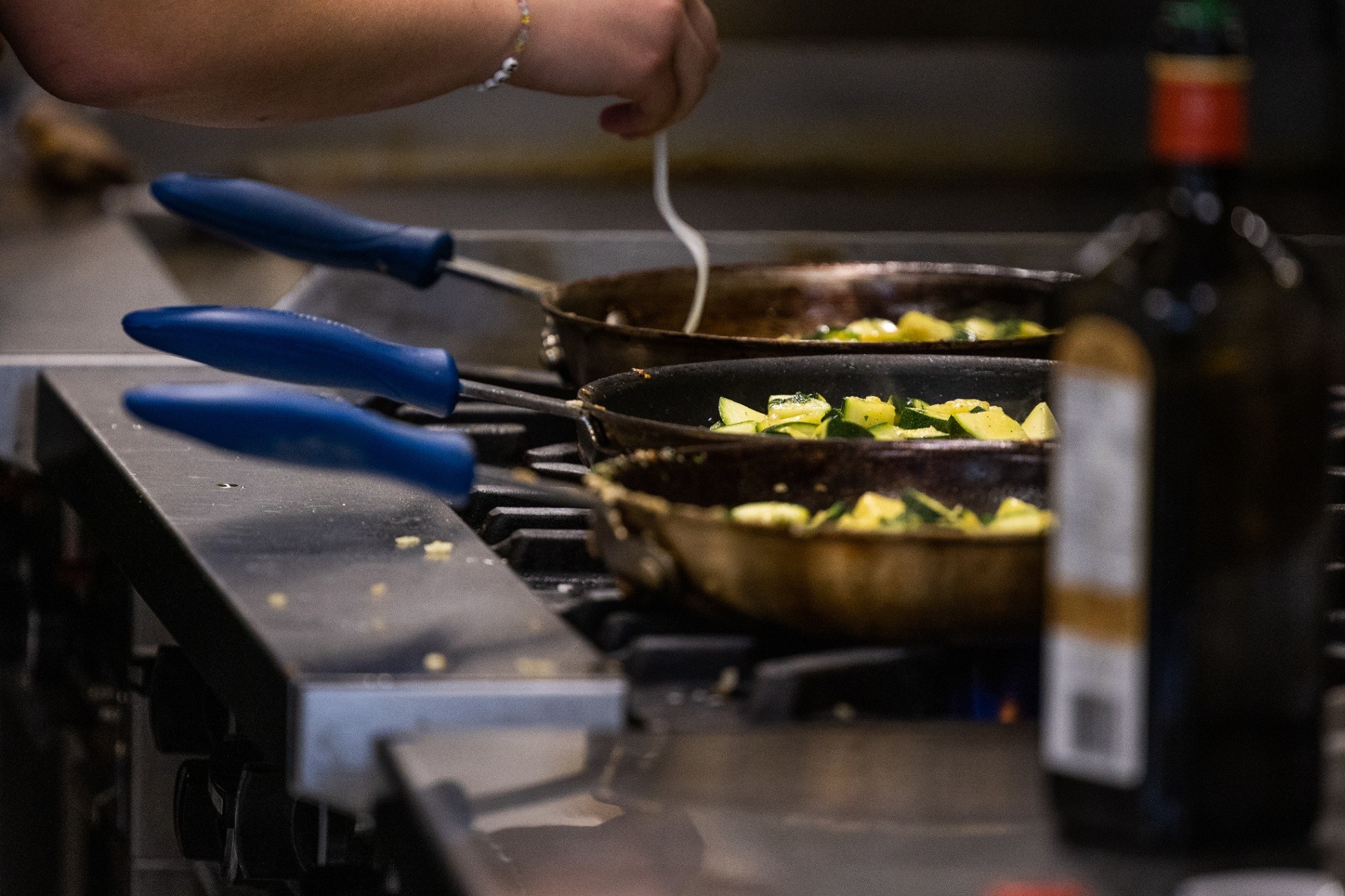
Foods 1 - Introductory courses are for students who have no previous experience in the program. Students study and practice basic cooking skills and techniques.
Foods 2/3 - The intermediate and advanced courses require a higher degree of expertise, and focus on developing specific competencies required for entry into the work place or a related post-secondary program.
Students may register in Foods 2/3 in only one semester of a school year.
Welding
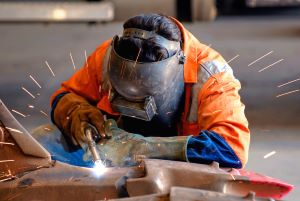
The Welding Program is a hands-on course that allows students to fabricate a variety of projects while teaching basic welding skills, metal fabrication, and the use of metal working tools. In the intermediate and advanced level courses students have the opportunity to design and weld their own projects to take home. In addition, the program reinforces print reading, basic math, and product design.
Please be aware, there are additional fees for these courses to cover related expenses.
For further information about any of these courses, please contact your advisor or the current teacher.













